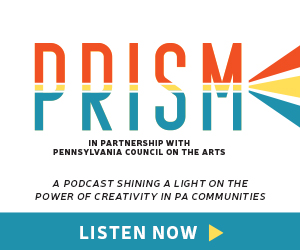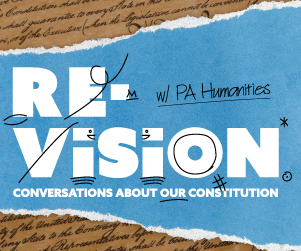

Collaboration is Cooking in Pittsburgh
When the pandemic hit Pittsburgh, civic and nonprofit leaders faced two pressing problems: plummeting restaurant business and people going hungry. Enter the Community Takeout Program, an initiative that benefits both those who need customers and those who need meals.

Pennsylvania’s Black Tech Entrepreneurs Forge A Path
Black leaders and entrepreneurs in technology aren’t new to the scene. Think of inventors like Dr. Mark Dean, who contributed numerous key patents for the development of the personal PC during his time with IBM, or Annie J. Easley, who developed software for NASA’s Centaur rocket stage. Here in Pennsylvania, Black tech leaders continue to transform the fields of medicine, data literacy, education, and system efficiency.
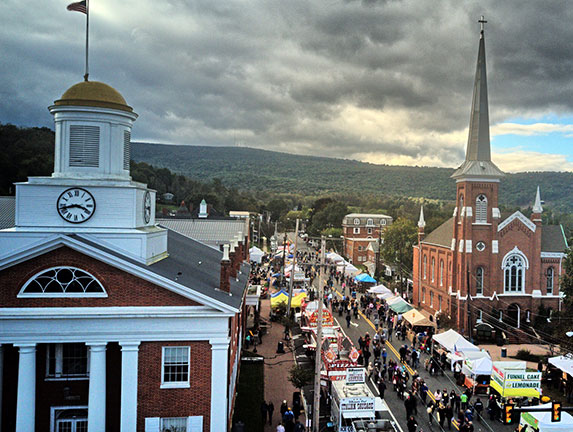
Work, Hike, Shop, Eat: Bedford is a small-town success story
Situated in south-central Pennsylvania along the Juniata River and at the nexus of two major highways, the lively town is a place where residents and visitors alike can soak in a mineral spring, sip on a cold-pressed juice, spend the afternoon on a hiking trail, explore the charming downtown, or pursue a job at a thriving local company.

Celebrating 50 years of Earth Day with PA’s next generation of conservationists
Back in the 17th century, state founder William Penn enacted Pennsylvania’s first conservation law, requiring that for every five acres of land cleared one acre of trees must be preserved. To mark the 50th Anniversary of Earth Day, let’s celebrate the next generation carrying on Pennsylvania’s rich conservation legacy. Meet five fresh young citizens playing significant roles in resource management, wilderness preservation, and environmental protection.
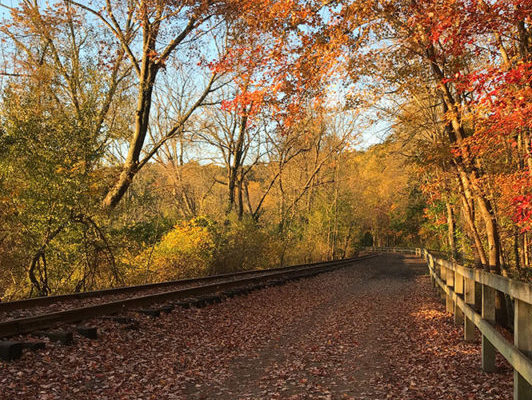
Heritage Rail Trail in York County is a 21st Century Town Square
Thanks to its early industrial prowess, Pennsylvania is filled with railroad tracks, many of them now ready to transition to serve new purposes. The state currently boasts 183 rail trails — mixed-use recreation paths fashioned from former lines — which add up to 1,910 miles. These paths have practical value as transportation thoroughfares and recreation spaces, but also intangible value as points of pride and connection. Here’s a spotlight on one specific PA rail trail and how it boosts the local community.
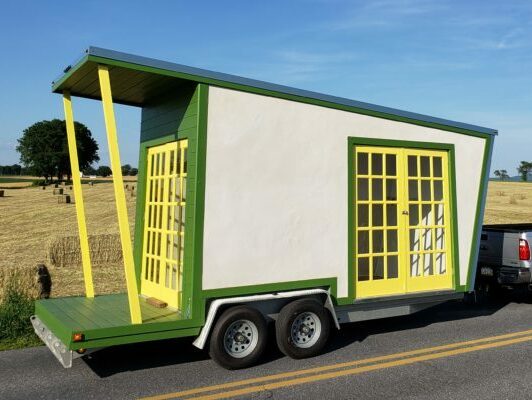
Budding Industry: Hemp has major potential in Pennsylvania
Industrial hemp production was legalized by the 2018 Farm Bill, and since then more than 300 Pennsylvania farmers have obtained permits to grow the crop. For many, hemp represents hope, not only for reviving small farms, but for creating a new business sector and even combatting climate change.

The Keystone State’s next generation of queer leaders
It’s estimated that 4.1% of Pennsylvania residents — that’s about 416,484 people — identify as lesbian, gay, bisexual, or transgender (Williams Institute, 2019). The majority of them are under 40. They include many vibrant young leaders, working to make things better for their communities and our state.
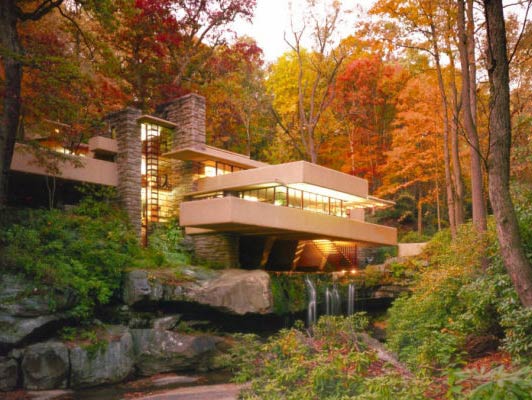
With an UNESCO World Heritage Site designation, Fallingwater has joined the Global Elite
The Great Wall of China. The Acropolis in Athens. Stonehenge. They’re all United Nations Educational, Scientific and Cultural Organization (UNESCO) World Heritage sites. Now Fallingwater in Mill Run, PA, has joined the elite list. Frank Lloyd Wright’s gravity-defying house, cantilevered over a waterfall at Bear Run, 67 miles southeast of Pittsburgh, was recognized by UNESCO in July 2019 (along with seven other Wright buildings in the U.S.). It is only the second World Heritage site in Pennsylvania, joining Independence Hall in Philadelphia.
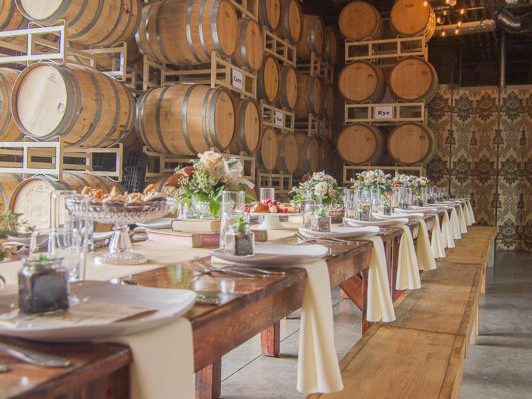
From Factories to Small-Town Storefronts, Historic PA Buildings Transform with the Times
Pennsylvania is filled with iconic reuse projects — Reading Terminal Market in Philadelphia, GoggleWorks in Reading, the Pajama Factory in Williamsport — but the work of repurposing the state’s historic and industrial buildings comes in all shapes and sizes. Here’s a list of inspiring architectural reinventions from across the state. Next time you’re on a PA road trip, add them to your must-see list.
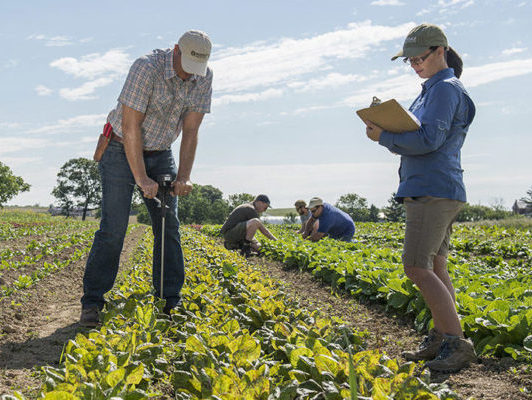
The Organic Farming Movement was #MadeInPA
Jason Forrester grew up on a farm in Chambersburg, PA. The family originally grew a variety of vegetables, but like many peers, transitioned to planting mostly corn and wheat. After his father passed, Forrester elected to forgo those 2,500 acres and buy his own piece of land. He began by cultivating conventional crops alongside a tractor-selling business, but he was disappointed with the results from using pesticides. Then a neighbor asked him to consider growing organic feed to supply their dairy cows.

